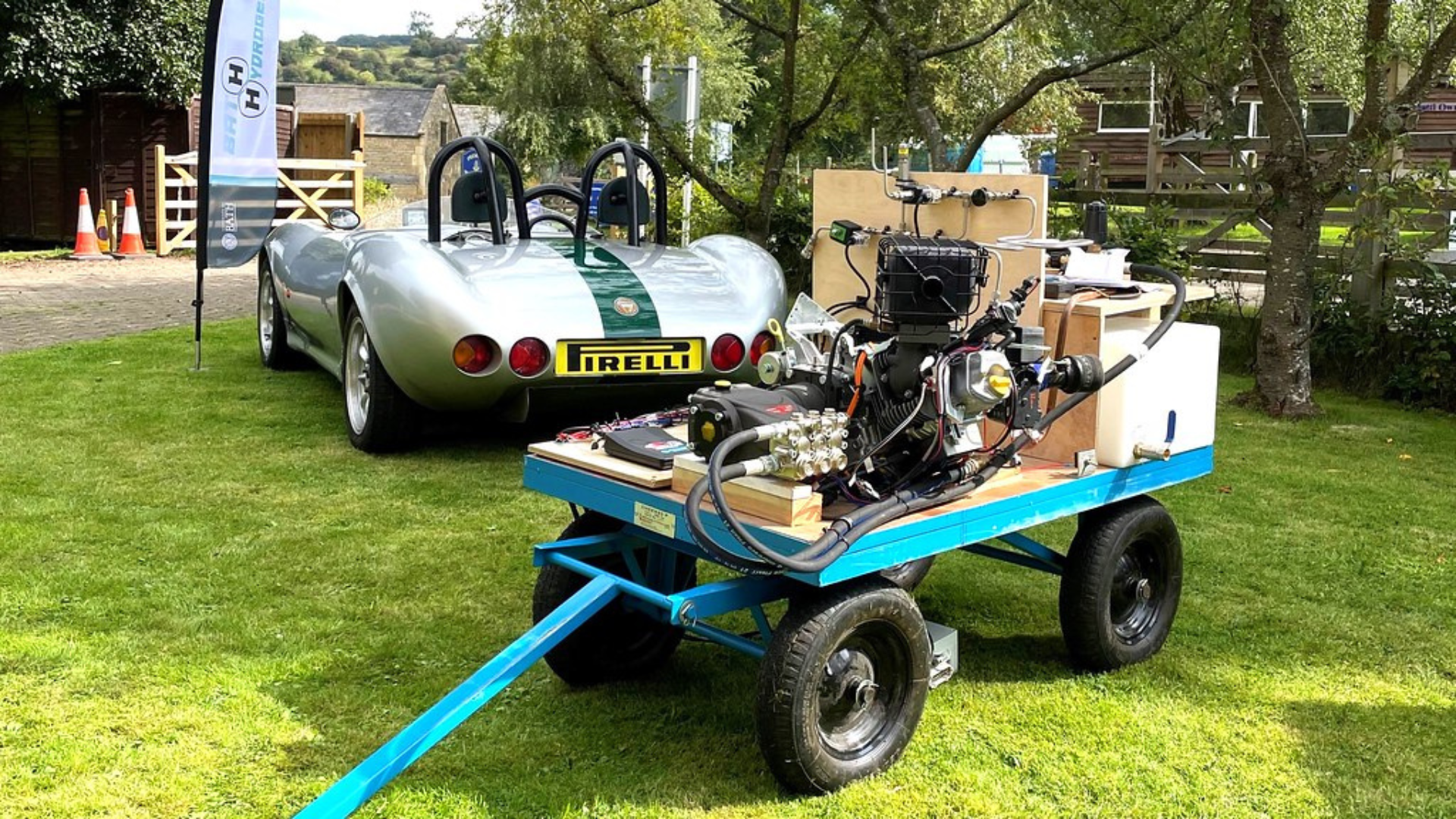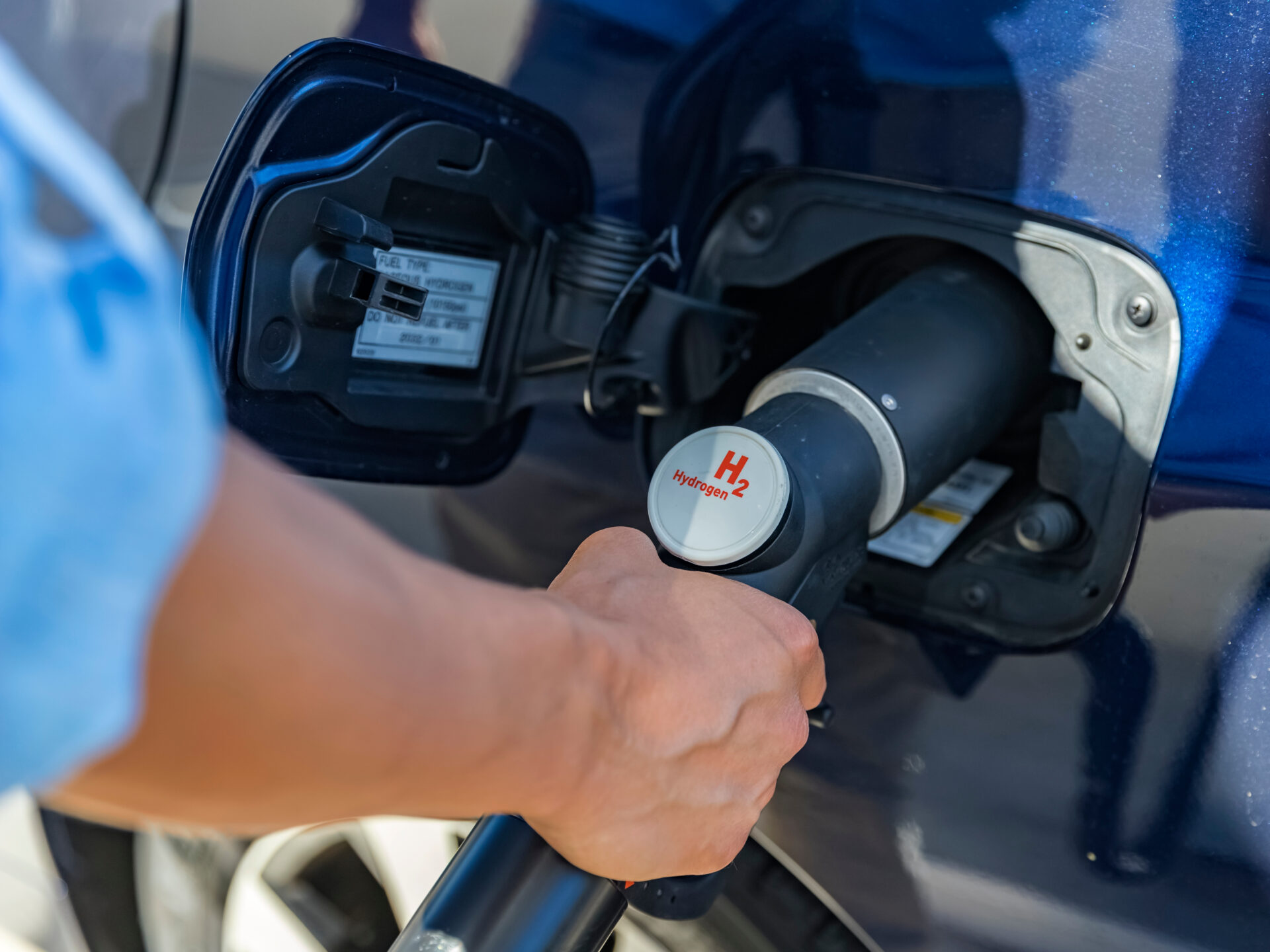A team of engineering students at the University of Bath are the first undergraduates to build and successfully run a hydrogen-fueled engine. When the team turned on the engine in March, they put their names in history as the world’s first undergraduates to do so.
There are no hydrogen-powered internal combustion engines commercially available. However, major car manufacturers are working on the technology.
A Successful Start-Up

The team of students is trying to set a land speed record. Firing up the engine is a major step towards that goal. Nicholas Burt, the Bath Hydrogen technical lead, is studying for an MEng in Mechanical Engineering. He said, “Starting the engine for the first time was a nerve-wracking moment, so we were delighted when it ran on the first attempt. It was a great validation of all our hard work.”
The project began last year as a business design project. In the beginning, none of the team members had any prior knowledge of hydrogen fuel or how to make an engine run off of it. But, they hit the books and did their research to finally get them to this point.
Eventually, the team set their sights on designing a race car powered by hydrogen, because it had the potential to be a zero-carbon fuel. Additionally, the University does significant research on hydrogen used as a fuel and energy storage system.
Prototype Inspiration
The Bath Hydrogen engine is a modified version of a single single-cylinder gas engine. Because of its relative simplicity and potential for adjustments, it was the best fit to re-engineer into a hydrogen engine. One of the team’s sponsors, Nanguard, donated the gas engine. The test engine helps the students refine their techniques and capabilities before the work starts in the next school year. They plan to take what they learn with the prototype and use it to adapt a 2.3 liter Ford Ecoboost engine to use hydrogen fuel.
Once the gas engine adapts to using hydrogen as fuel, the team will install it into a Ginetta G20 racing car, that the Bath Hydrogen team will use to attempt land speed records for a hydrogen-fuelled internal combustion engine.
Hydrogen as Fuel

There are many benefits to using hydrogen as a source of power. However, there are challenges. But first, one of the major benefits of the molecule is the lack of CO2 emissions.
Explore Tomorrow's World from your inbox
Get the latest innovations shaping tomorrow’s world delivered to your inbox!
I understand that by providing my email address, I agree to receive emails from Tomorrow's World Today. I understand that I may opt out of receiving such communications at any time.
According to Bath University, one of the main challenges is it has a high energy density per unit mass, but a very low energy density per unit volume. This makes it difficult to store sufficient fuel in a vehicle.
Solutions to this are there but present significant difficulties compared to petrol. The solutions are to store the hydrogen as a compressed gas at very high pressures, or liquid at -250 degrees Celcius.
Despite the challenges that stand in front of hydrogen becoming a fuel, the team is optimistic about their project.
“Many of us believe that the internal combustion engine still has an important role to play in moving towards net-zero, using hydrogen and synthetic fuels in certain niche areas,” said the Team’s academic supervisor Dr Kevin Robinson, “Getting the prototype engine running has been a very significant milestone in this project.”






